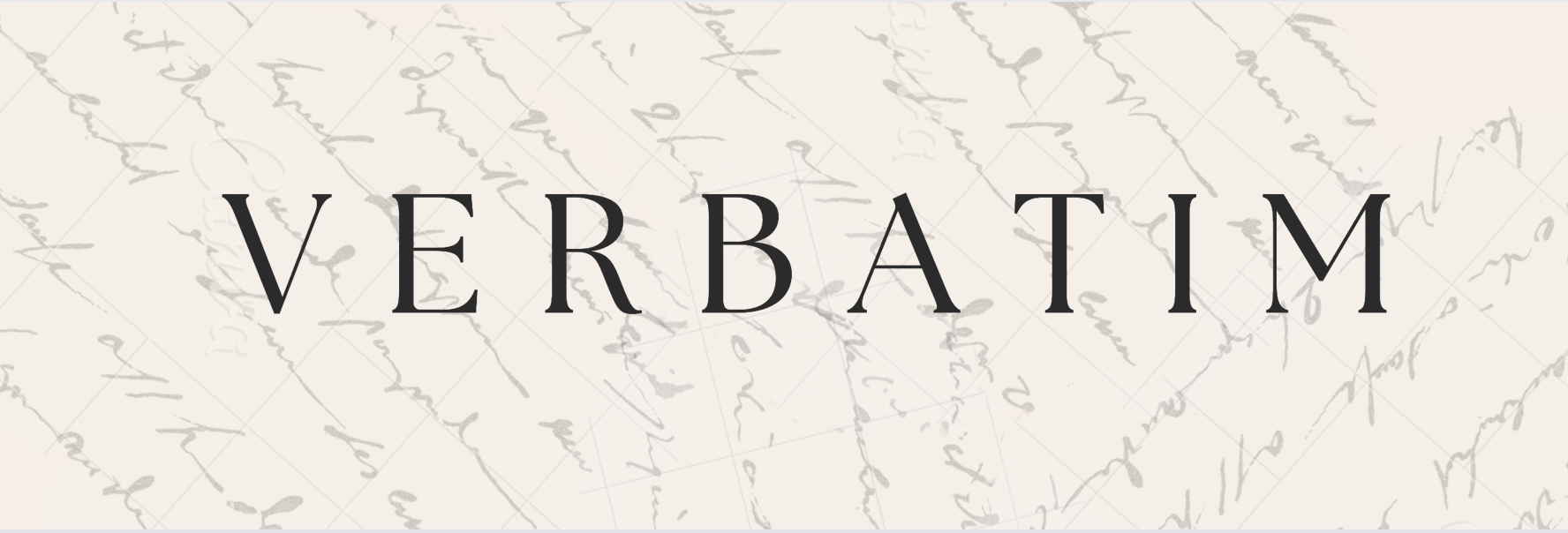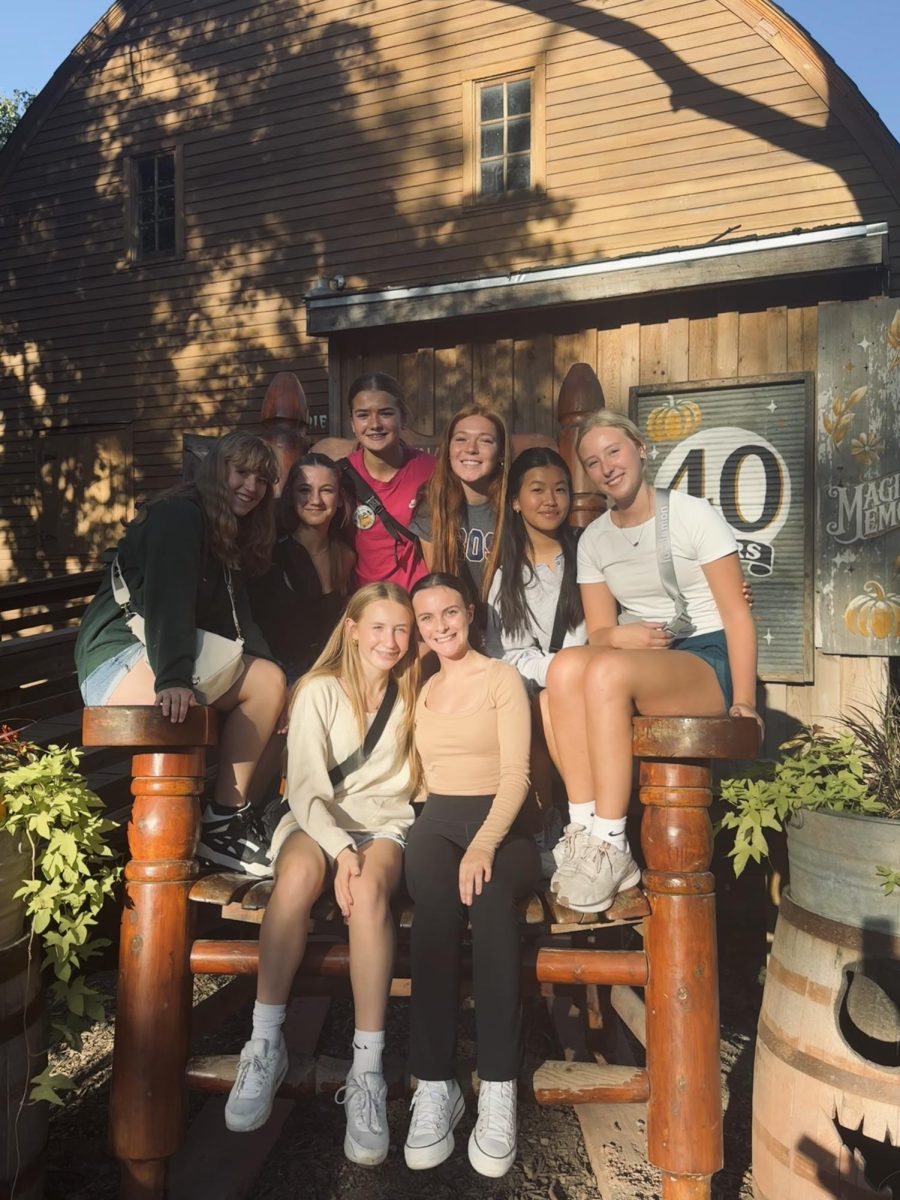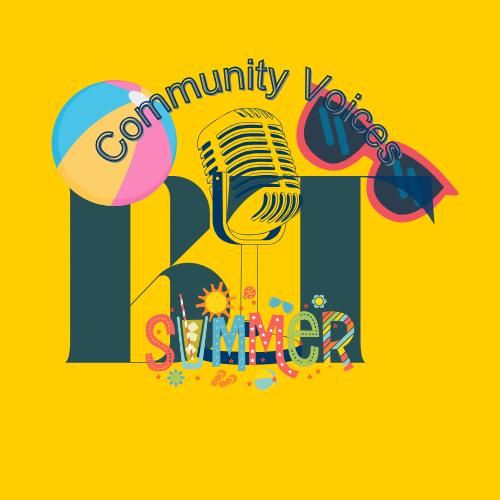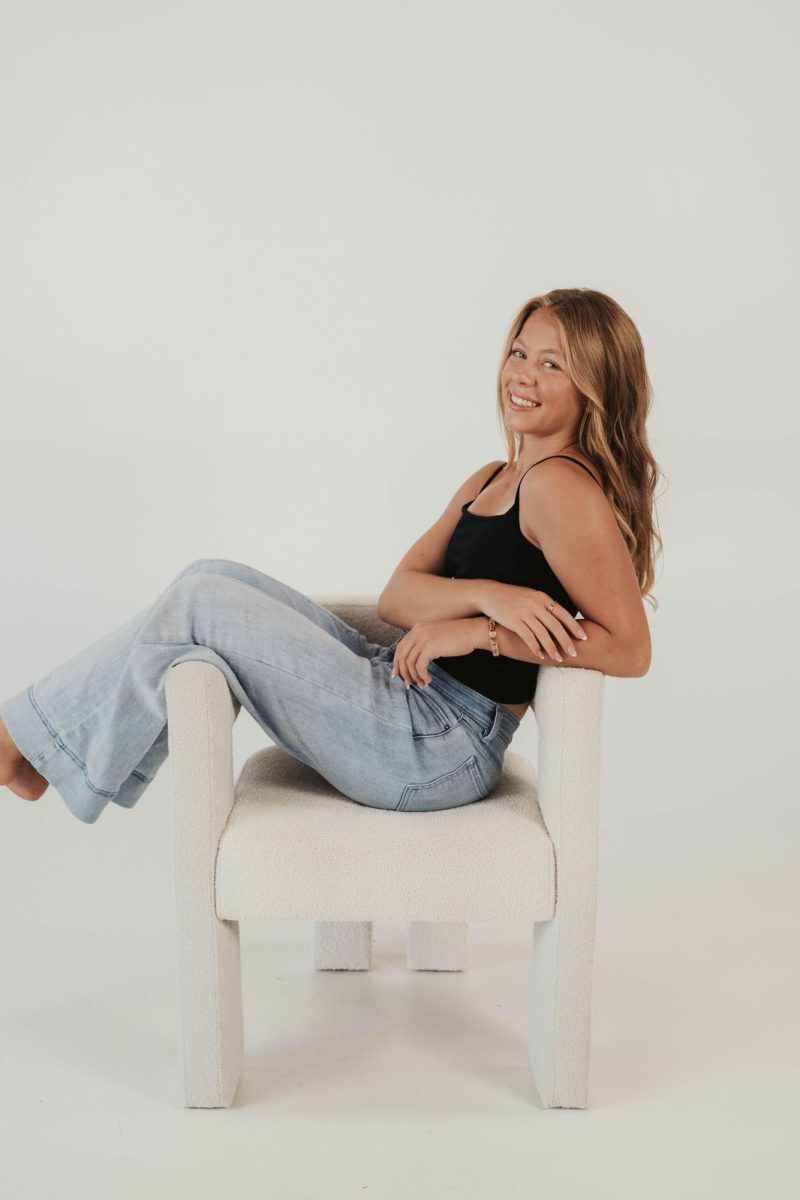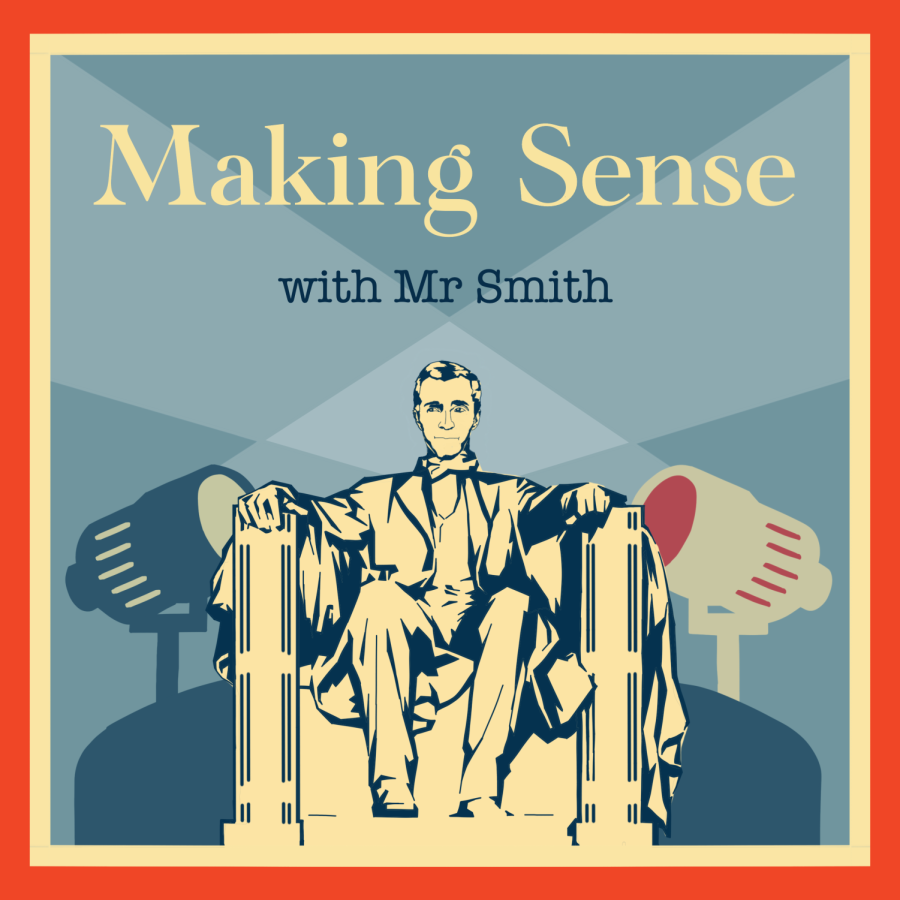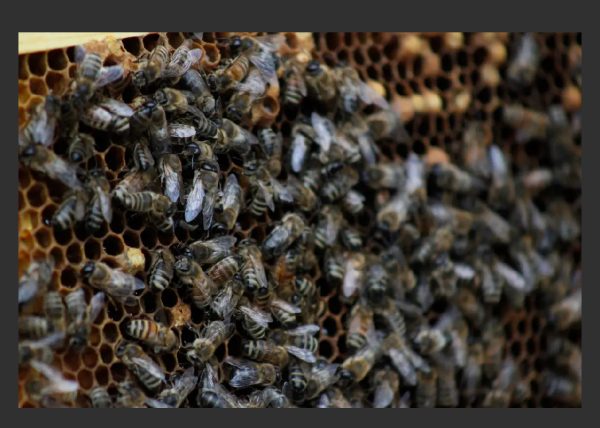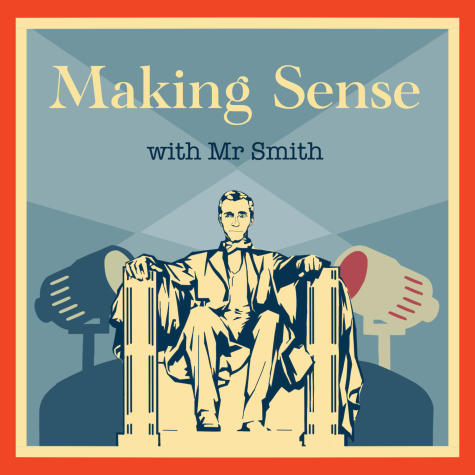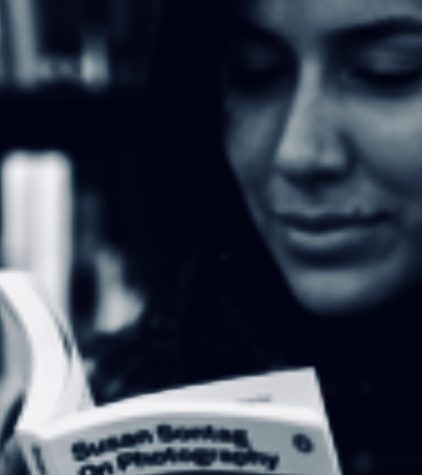April Senior Wisdom – Courses
One of the most exciting aspects of high school is the wide variety of courses you are able to enroll in. Rather than taking the same core classes and electives as your classmates, you can take unique courses that vary in class size, challenge, and topic.
When choosing courses, there are many things to consider. Here are a few things I recommend thinking about when considering what courses you sign up for:
- What are your interests? When signing up for classes, you want to gain knowledge but also enjoy the course. If you’re interested in art, take art electives. If you’re interested in crime, take Street Law. While it’s important to take core classes and fulfill graduation requirements, it is also important that you take classes that make you happy and excited to learn. Who knows, maybe the unique courses you take will bring new career or college major ideas to your mind!
- What careers are you considering? Say you’re confident you want to become a doctor. While you may be unsure of what type of medicine you want to practice, you can still take courses in the area of medicine. If you want to go into STEM, take as many STEM courses you can. If you want to take the liberal arts path instead, take english, language, art, and history courses. But, colleges and people in the workforce also look for balance. Sometimes it’s hard to fit many STEM and liberal arts courses in your schedule—which is why it’s so important to find a good balance between the two. Here is an example of a trade off for someone who is interested in STEM: instead of taking AP Language and Composition and American Literature junior year, take American Literature and AP Chemistry—or any other AP STEM course. You can’t fit every class into your schedule, so you have to make sacrifices. Take the courses you’re interested in that relate to your future career plans.
- Teaching Style: Part of BT’s beauty is the diverse teaching styles among the staff. Some teachers prefer to lecture while students take notes, and others prefer to do more interactive lessons and activities. If you have a short attention span or note taking isn’t your strong suit, I recommend you don’t take lecture-heavy courses. On the other side, if you are good at listening and absorbing a lot of content in one sitting, take courses that are taught in a lecture style. An example of a lecture course would be AP European History, and AP Chemistry would be an example of a more interactive/lab-based course.
- Does this course have any prerequisites? In order to take courses like AP Calculus and AP Bio, you have to take regular calculus and regular biology to enroll in the more advanced version of the class. It’s smart to map out the courses you would like to take throughout high school so you can see what courses you will have completed by the time of graduation.
- What courses does my college require? While college is on the back of many student’s minds and at the front of others, it is important to take courses that satisfy college admissions requirements. For example, some colleges require engineering students to take calculus before the graduate high school. Other colleges require students to take 3 years of the same world language—one more than what’s required by BT. You don’t have to know exactly where you are going to college throughout high school, but see what requirements the colleges you are even remotely interested in have set and go from there.
- Does BT offer the course? While BT offers an expansive array of courses, they cannot have every course due to the small number of students/scare interest in some fields. With that said, BT offers Malone courses, which teach everything from German to Feminism. I highly recommend you think outside the box and take one of these courses, as they will expose you to many new ideas.
At the end of the day, there are no wrong choices when it comes to courses at BT. All classes are taught by amazing teachers, and the curriculum in each class is beneficial to all—regardless of career interests, passions, etc. If you have any questions about specific courses, talk to an upperclassmen, alumni, or the counselors—they are all here to help!
